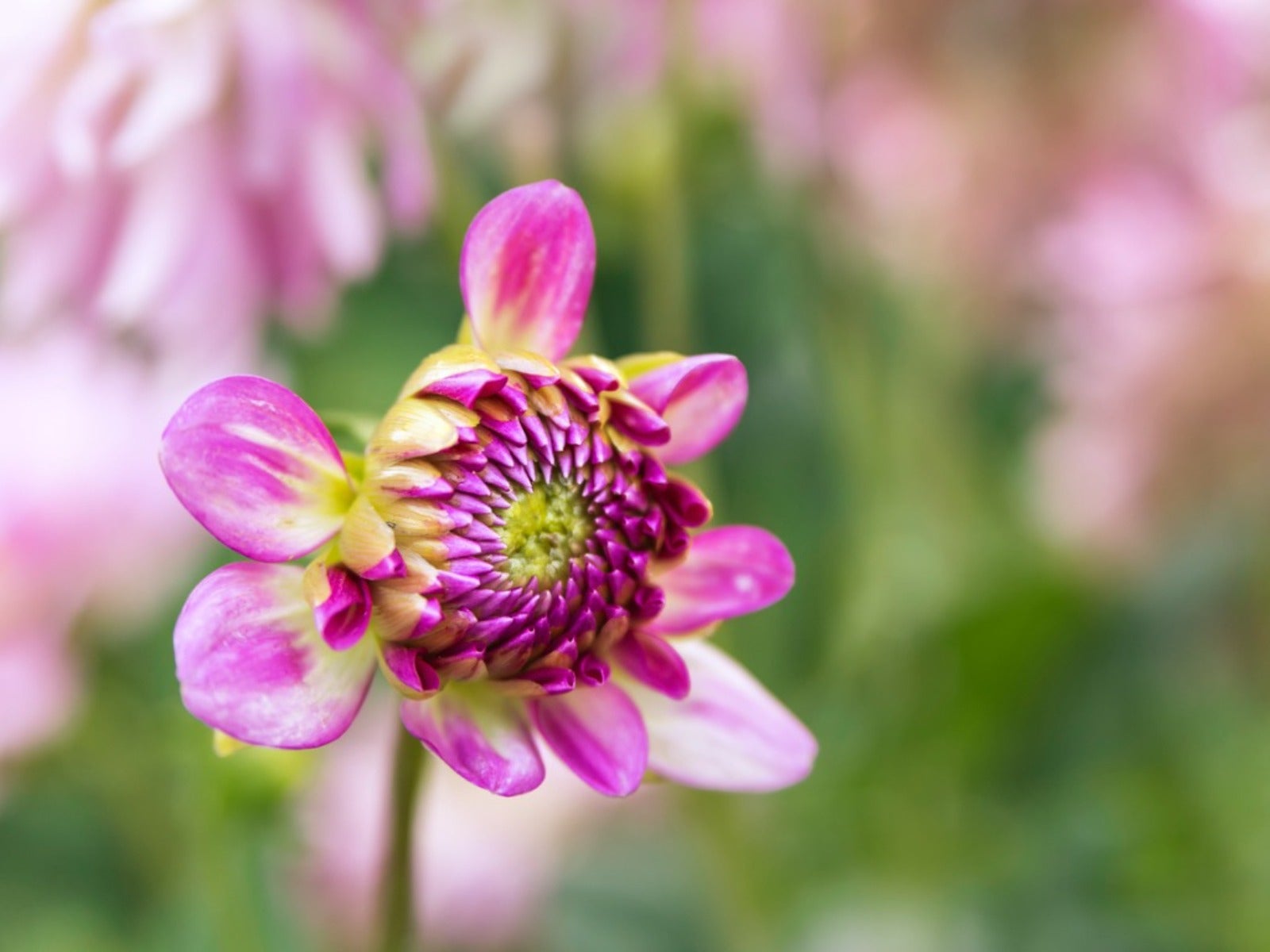How Do Plants Know When To Bloom?


How do plants know when to grow and bloom? Why do they go dormant in winter and know just when to burst forth again in spring? These are interesting questions for anyone, but especially for gardeners. Researchers are still learning more about how plants flower and grow as science delves deeper into plant genetics and proteins.
Why the Timing of Blooms Is Important
Plants go dormant in cold weather as a matter of survival. They slow down growth, and many plants totally drop their leaves and stop photosynthesis and sugar production. They shut down to conserve energy and protect against cold weather. It’s a little like hibernation in some animals.
The timing of flower production is also important, but less for survival of the individual plant than for the species. Flowers are how certain types of plants reproduce, and to reproduce successfully, they must time their blooming correctly.
Plants have evolved to make and open flowers when their pollinators are available. Also, if the flowers arrive too soon in cold climates, they could freeze and die, leading to minimal or no fruit production. Proper timing also avoids certain pests or minimizes disease risk.
How Do Plants Know When to Flower?
If you garden, you might take for granted how, every year, like clockwork, your perennials come into bloom at approximately the same time. Weather variations can lead to some slight differences year to year, but the timing is essentially routine. How do plants know how to do this?
Flowering starts with a protein called Flowering Locus T. At the right time, the plant produces the protein, which moves from leaves to the apex of a shoot. Here, the cells have the potential to become leaves or flowers. The Flowering Locus T protein signals that they should become flowers.
Flowering genes and additional proteins regulate this process. Researchers have uncovered a couple of ways that plants learn to start producing the protein that leads to blooms:
Gardening tips, videos, info and more delivered right to your inbox!
Sign up for the Gardening Know How newsletter today and receive a free copy of our e-book "How to Grow Delicious Tomatoes".
- Photoreceptor protein FKF1 -- Researchers found a protein, now called FKF1, that is activated by sunlight. The plant expresses the gene and makes the protein every day in the afternoon. As days get longer and the protein is exposed to more sunlight, it triggers the process leading to Flowering Locus T, and the plant begins to bloom.
- COLDAIR molecule -- Another compound researchers have found that regulates blooming is known as COLDAIR. It’s an RNA molecule, a kind of genetic material. After about 20 days of cold temperatures, a plant activates its COLDAIR molecule, which in turn suppresses genes that would lead to flower production. It suppresses the genes for a certain amount of time, releasing them when it should be about the right time to bloom.
These, and likely other processes yet to be understood, interact with each other to help plants time flowering just right. They also explain why bloom time isn’t always perfect. Unusual spring weather, such as early warm spells, can trick a plant into flowering too soon.
The blooming process involves a complicated interaction of multiple genes, proteins, and other types of molecules like RNA. They are responsible for what we see in plants every year -- a response to changes in temperature and light.
How Do Trees Know When to Flower?
Much of the research into how and when plants flower has been done on smaller species. The above described research involved the little Arabidopsis thaliana, or mouse-ear cress. It’s likely that all flowering plants use similar strategies for blooming with some variations. Trees probably have some of the same genes and proteins that tell them to produce flowers in spring.
Flowering plants are fascinating and varied. As your garden bursts into bloom this year, you’ll now have a little more appreciation for what goes into the timing, pollination, and reproduction of your favorite plants.

Mary Ellen Ellis has been gardening for over 20 years. With degrees in Chemistry and Biology, Mary Ellen's specialties are flowers, native plants, and herbs.